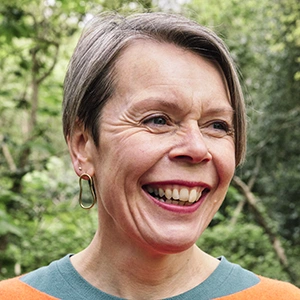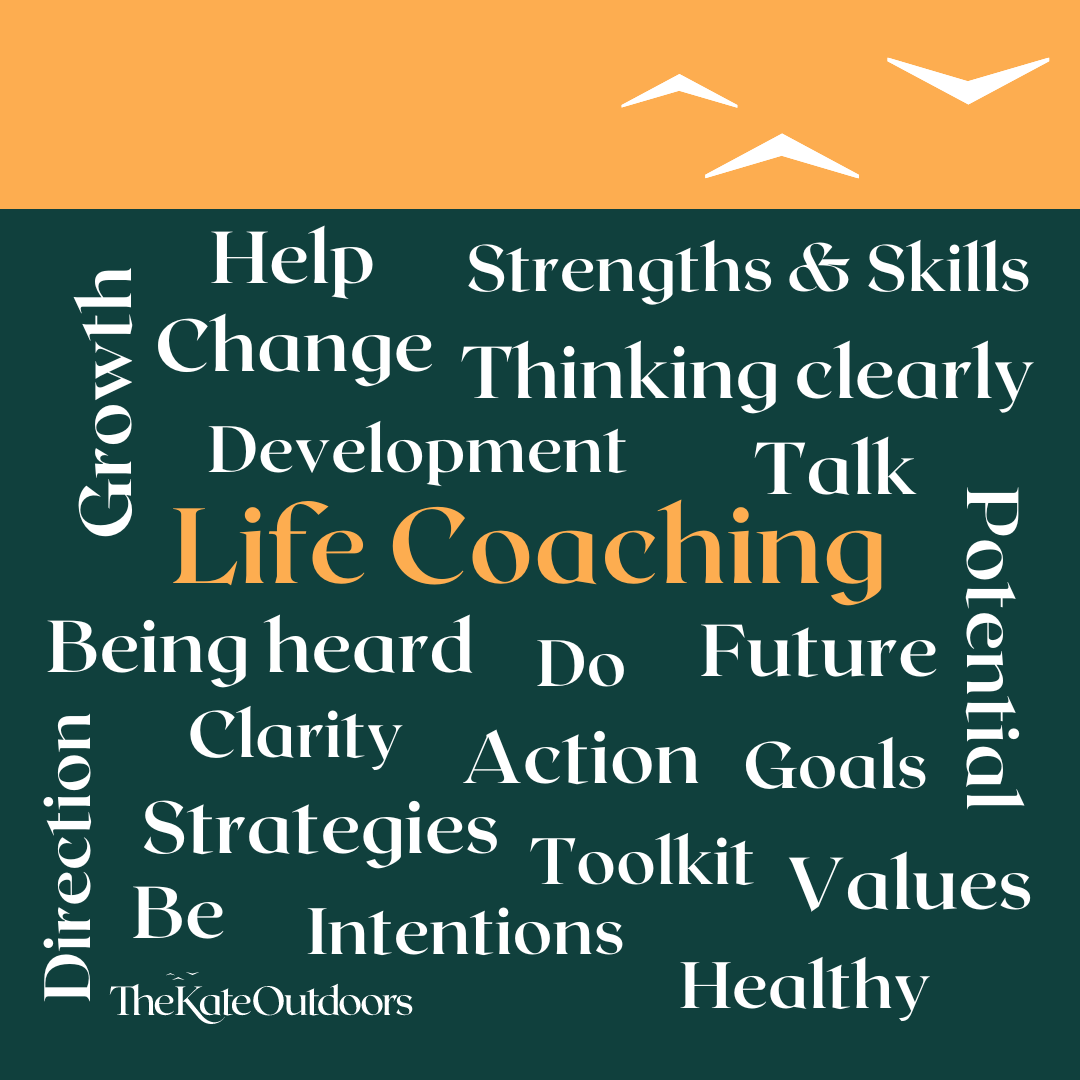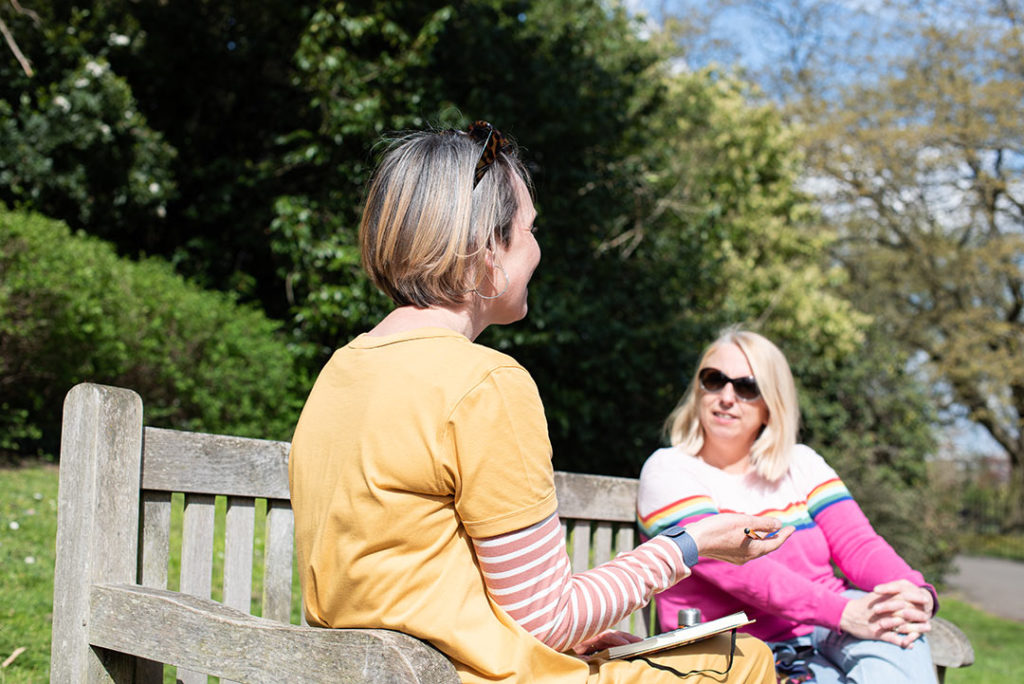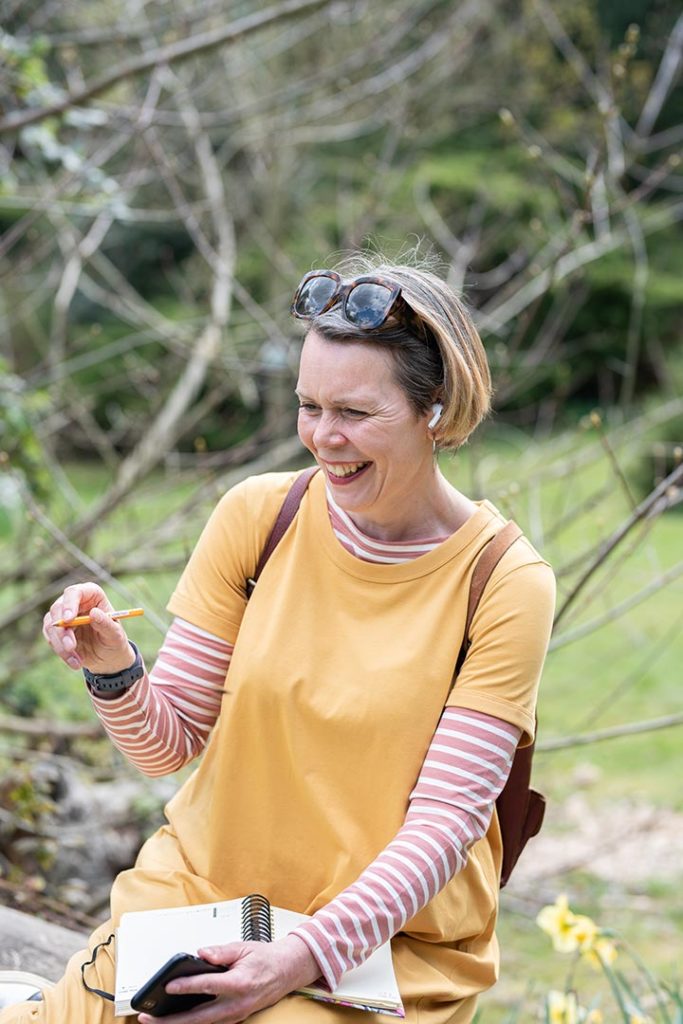5 minute read (updated 8 Dec 22)
I get asked this question a lot and it’s a brilliant one to ask – What is Life Coaching?
If you are;
- New to coaching (Life Coaching or otherwise), or;
- You’ve had coaching by a manager/someone who isn’t trained (plenty of them!), or;
- Had a poor experience, or;
- Downright sceptical of the whole thing…
…this is for YOU.
What is Life Coaching?
Life Coaching (and generally talking types of coaching), allows you to talk through the stuff on your mind, overcome mental obstacles and take action to achieve your goals. It’s a form of self-development – you learn about yourself; your strengths and skills so you are empowered to do more of what you’re already good at.
What does a Life Coach do?
A Life Coach will ask open, probing questions on the topic/s you have chosen. They will help you work out the stuff on your mind, feel better about yourself so that you essentially can better handle what life throws at you. They listen – really listen in to your words, remain objective and non-judgemental. A Life Coach acts as a sounding board, a mirror – reflecting your words and behaviours back at you, challenging you out of your comfort zone to grow and take a different perspective.
The conversation is different with a Life Coach than with a friend – no interruptions, no ‘oh yeah, that happened to me once’. Impartial, not involved, not needing to know your back-story, great questions.
It’s really important to me that I work in partnership with the people I work with – no hierarchy. My role is to move your thinking forwards – and a whole bunch of other stuff – so that you can do those things you really deep down want to do but are too scared to do it.
Why do people see a Life Coach?
People see a Life Coach to help them navigate a tricky time in their life and/or to develop their potential. They want to change and do something about it, often about;
- Meaning /Purpose in Life
- Career change/progression
- Work and Life Balance
- Relationships
I saw my first Life Coach in Autumn 2019 because I didn’t want to be in HR anymore and had no idea about what else I could do. Until I realised that this thing existed Life Coaching, which wasn’t counselling or therapy and it apparently worked – and I knew of someone.
So spending time talking to a professional could be beneficial.
Are there different types?
Yes, lots. It’s growing in areas and in popularity too;
A Life Coach tends to have a niche, may work across several areas or audiences and uses different approaches or modalities. Example; I call myself a ‘Life and Career Coach’ so people understand it’s life and work that I deal with, but it’s quicker and easier to call myself a Life Coach and Google better understands it!;
As a Life Coach I work with brilliant women who feel stuck in life or their career, by walking and talking outdoors. I tend to work with strengths, skills and values and encourage the individual to lead. I work outdoors for space, calm and gentle exercise because I see the positively impact on people’s wellbeing.
I Life Coach and I Career Coach and it’s often a similar approach I use, just different subjects.
What can Life Coaching do for me?
People who have experienced Life Coaching move forwards in their thinking and actions, over the stuff that’s stopping them from doing it themselves. They often achieve their goals and gain additional results they weren’t expecting.
These are real comments from people I have worked with, when asked, ‘what did you gain from coaching with Kate?’;
- Learned and used new strategies or tools in other areas of their life or work
- Took control over how they allocate and prioritise their own time
- Found more confidence in their working life and self
- Learned how to better deal with their inner critic
- Have a more positive outlook and better understanding of their self
- Have insight into their personality, how they view themselves
Life Coaching versus Therapy and Mentoring
Here are my explanations about the differences;
- Therapy; looking at the past/childhood, dealing with emotional issues or trauma, with a trained therapist. May often direct you, give their medical/psychological opinion.
- Mentoring; talking with someone expert in your field who inspires you. They help you navigate issues they may already have experienced. They are willing to share advice and direct you.. Not always trained as a Mentor.
Life Coaching is not a substitute for therapy, treating mental illness or any medical issues. Sometimes an issue may surface that is better served with a therapeutic or mental health intervention and I’m confident to signpost or redirect people when I’m not the right person. It’s vital that when you work with a Life Coach you have a contract and agreement about what issues you’ll work on together because it’s a partnership.
Mental Health and Wellbeing
Life Coaching can work really well for improving wellbeing or mental health, ie;
- Managing stress /rumination
- Your values in life
- Knowing your capabilities and strengths
- Knowing yourself, boundaries and self-care.
And if you like being outdoors, you might know that research confirms that being outdoors improves our wellbeing – why I coach outdoors! See here; Coaching outdoors
 That’s a blog post for another time!
That’s a blog post for another time!
I am Mental Health First Aid trained. I have experience of working with individuals’ mental health (as well as my own), so I signpost appropriately.
Is Life Coaching expensive?
Perhaps you have already seen/heard that some Life Coaches charge £100’s or £1000’s per hour. And some do not advertise their fees – you need to ask them on enquiry.
If fees are unattainable for you, here are a few considerations;
- Group coaching – does the Life Coach run group sessions? This can keep costs down
- Do they offer part-payment?
- Is there an alternative coach they could recommend or you could find?
- Could you find someone in training (there are lots!) – they need to coach for a certain number of hours for accreditation, so tend to offer lower rates or free sessions
- Ask theLife Coach if they could consider a reduced fee – what’s the worst that could happen?
Personally I like to be transparent and my fees are on my website. I recognise that my fees are lower than other Life Coaches but still unaffordable for others. I am not for everyone. I offer and am open to offering reduced rates from time to time.
Why might I consider Life Coaching?
If you are considering Life Coaching, these prompts might help;
- You resonate with something mentioned in this blog…
(What resonates? What are you currently experiencing? What specifically are you experiencing? What’s the impact it’s having on you now?)
- You want to work your thoughts into a coherent/less jumbled train of thought so that things feel easier/ you feel better…
(What would that bring you? How would that help you?)
- You’re considering a big change in life or work and it feels daunting/risky/scary…
(What if you could make that change? What if you succeeded or exceeded your own expectations?)
How can I find the right Life Coach for me?
- Who do you know and trust that’s had coaching? Could they recommend their Life Coach?
- Does your workplace provide coaching? No? – would they like to?
- Are they qualified by a reputable organisation?
- Do they have references/testimonials?
- Do they undertake learning, CPD, supervision? (answer – they should be)
- Can you book a free call with a coach to get a sense of what they are like?
While you’re looking for your coach, check their credentials. Life Coaching is not regulated in the UK. Not all coaches have training or training that is rigorous/accredited;
Here are my credentials – click HERE.
If you are reading this far... would you like to book a free call with me? No obligation; Book here
Be the first to know about offers and my new Group Life Coaching by joining my non-spammy mailing list, you can sign up below.
Resources
- The Mental Health Foundation provide lots of useful resources in the UK
- Therapy directory; BACP
- Do you need a Mentor? I LOVE the podcast, ‘How to Own the Room with Viv Groskop. This episode is about Mentoring and is fab – with Yonca Dervisoglu (VP Marketing) and Matt Brittin (President EMEA) from Google
- Animas Centre for Coaching, where I trained and qualified
- International Coaching Federation where I’m doing CPD to be an Associate Certified Coach. I follow their ethics.



